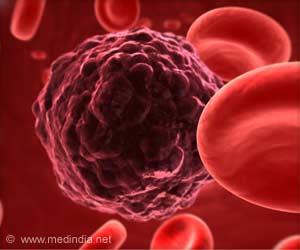A University of Colorado Cancer Center team in partnership with universities in China and Denmark reports the first genetic sequencing of urothelial (transitional) carcinoma

"The discovery of mutation in the UTX gene and seven similar chromatin remodeling genes is a major step toward genetic testing and treatment of bladder cancer," says Dan Theodorescu, MD, PhD, director the University of Colorado Cancer Center and an author on this work. On a grand scale, the study also provides the first-ever overview of the genetic basis of urothelial bladder cancer and implicates chromatin remodeling in its cause.
Chromatin describes the genetic contents of a cell's nucleus including the cell's DNA and the proteins that sculpt its arrangement inside the cell. During most of a cell's life, these proteins arrange DNA loosely so that its inner parts are accessible and available for use. In preparation for cell division, these proteins in the cell's chromatin constrict DNA into a tight package for efficient duplication. This squeezing is known as "chromatin remodeling." How the cell remodels and thus how it duplicates depends greatly on associated chromatin remodeling genes -- the genes this study found to be mutated in many bladder cancer patients.
"When we talk about 'causes' of cancer, there's a black box between a healthy cell and the emergence of cancerous ones," says Theodorescu. "By exploring the genetic changes that take place inside this box, we can look at the links of the chain of events that lead to cancer and hopefully target specific links for therapy."
In the development of bladder cancer, this study shows that chromatin remodeling is an important link.
"We are currently well underway in performing similar sequencing with Caucasian subjects to determine if the mutations in the Caucasian population are similar to those seen in this study's Asian subjects," Theodorescu says.
Advertisement
Advertisement















